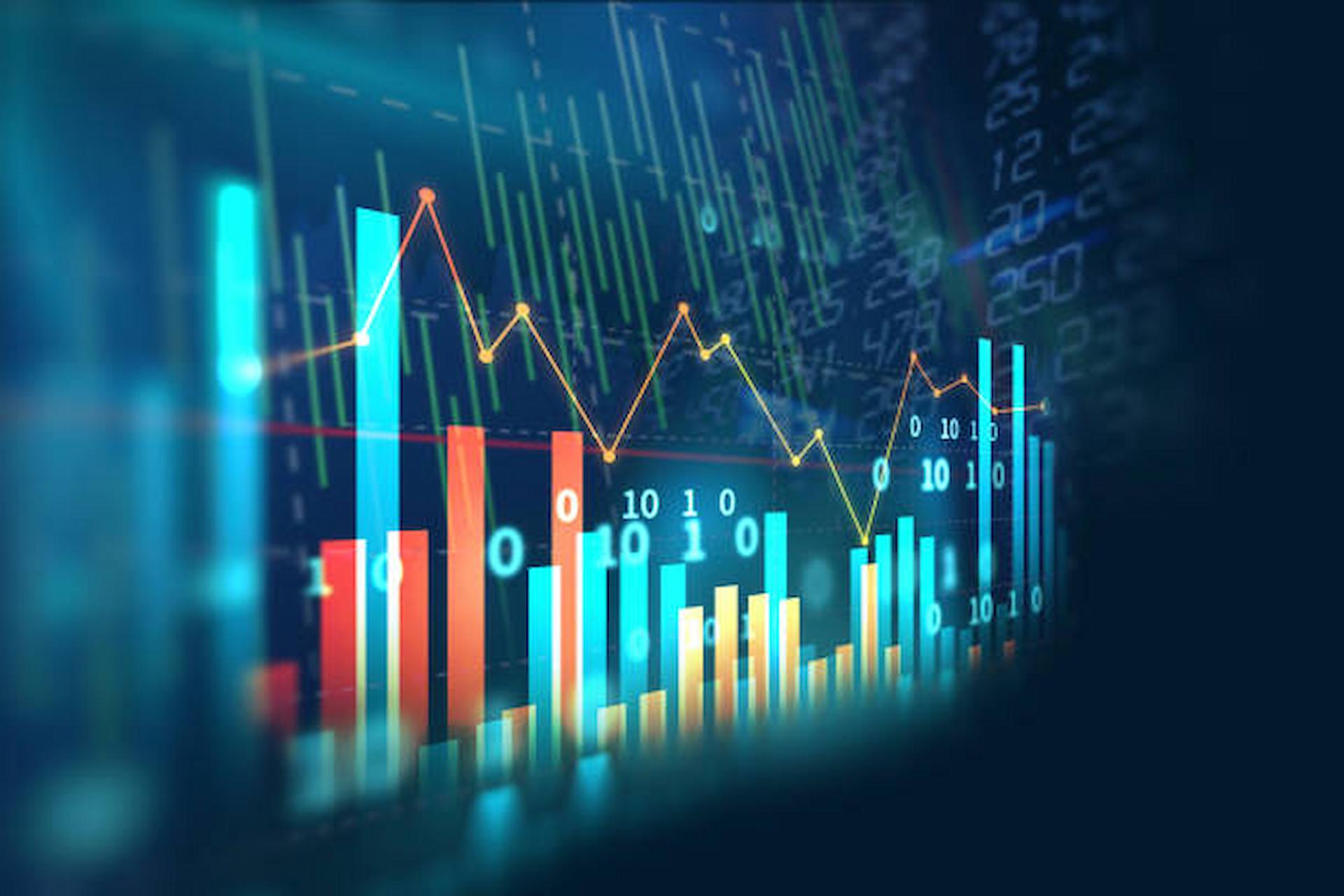Trading futures is a great way to make money, and it’s not as difficult as you may think. In this article, we will outline the steps that you need to take in order to get started with futures trading.
What Is Futures Trading?
Futures trading is a financial market where buyers and sellers agree to buy or sell a specific quantity of a commodity or financial instrument at a predetermined future date. The expectation is that the price of the underlying asset will be different at the time of the transaction than it was when the contract was created. Futures contracts are standardized and trade on exchanges like stocks. They are usually traded in units called contracts, which may be one lot (1,000 pounds), five lots (5,000 pounds), 10 lots (10,000 pounds), or 100 lots (100,000 pounds).
Benefits Of Futures Trading
The benefits of futures trading include the following:
- You can make money if the price of the futures contract goes up.
- You can limit your risk by buying a futures contract that has a low probability of going bad.
- You can get access to goods and services that you would not be able to buy otherwise.
- You may not have to pay taxes on your profits from futures trading.
Disadvantages Of Futures Trading
The disadvantages of futures trading include the following:
- You may lose money if the price of the futures contract goes down.
- You may have to wait until the future date to trade your contract.
- You may have to pay a commission when you buy or sell a futures contract.
What Is The Process Of Futures Trading?
Futures trading is the process of buying and selling contracts for future goods and services. These contracts are typically bought and sold on exchanges, which allow traders to place bets on the price of a particular good or service. Futures contracts can be used to hedge against risks associated with investments or to speculate on the future price of a commodity or stock.
Professional Tips For Newbies In Futures Trading
- Get a good understanding of the markets you are trading in – Learn about the different commodities, stocks, and currencies that are available to trade.
- Set reasonable limits on your losses – Don’t go into a futures trade with money you can’t afford to lose.
- Stay informed – Be sure to check the markets regularly and monitor your positions for potential changes.
- Use a reliable broker – Make sure you choose a broker that has experience in the futures markets you are trading in.
- Diversify your risks – If one stock or commodity falls in value, don’t put all of your eggs in one basket by trading futures contracts based on that commodity.
Conclusion
In this article, we’ve discussed some basics about futures trading and given some tips for newbies. As with any investment, doing your homework is key to success in futures trading- be sure to learn as much as you can about the markets you are trading in, set reasonable limits on your losses, and stay informed. Finally, use a reliable broker who has experience in the futures markets you are trading in.

